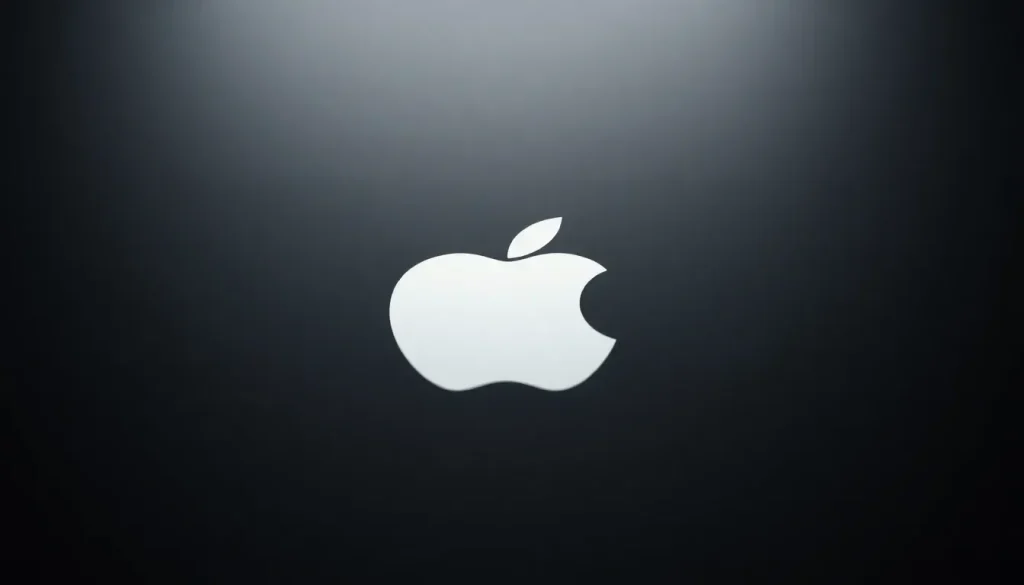Apple requests court dismissal of lawsuit on delayed Intelligence features

In an era where technology evolves at lightning speed, companies like Apple face increasing scrutiny from consumers and legal bodies alike. The recent developments surrounding Apple's delayed launch of its anticipated Apple Intelligence features have sparked a significant legal response, raising questions about corporate responsibility, consumer rights, and the reliability of tech giants. To understand this situation better, let’s dive into the details.
- Apple's delayed features and class action lawsuit
- Why Apple is seeking to dismiss the lawsuit
- Apple's emphasis on delivered features
- The phased rollout of Apple Intelligence features
- Potential outcomes of the lawsuit
- Public perception and consumer rights
- What does this mean for Apple and the future of tech?
Apple's delayed features and class action lawsuit
In March 2025, Apple made headlines when it announced a postponement for the rollout of its "more personalized Siri," a feature initially teased at the WWDC 2024. Just two weeks following this announcement, the company found itself entangled in a class action lawsuit filed by consumers. This legal action was primarily focused on allegations of “false advertising” concerning the unreleased Apple Intelligence features.
The class action claims that Apple misrepresented the capabilities and availability of its Siri enhancements, which were expected to revolutionize user interaction with the device. This lawsuit highlights a growing trend where consumers hold technology companies accountable for unmet promises and expectations.
Why Apple is seeking to dismiss the lawsuit
In response to the legal challenges, Apple has filed a motion to dismiss the class action lawsuit, arguing that the claims lack sufficient basis. The company contends that the lawsuit stems from “complaints about the timing” of only two specific Siri-related features: Personal Context Awareness and In-App Actions.
According to Apple, the delay of these features is a matter of quality control rather than deception. The company asserts that it is committed to maintaining high standards for its products and that the plaintiffs are mistakenly framing the situation as a broader issue. Apple's argument includes several key points:
- The plaintiffs cannot claim that the iPhone 16 models they purchased are defective in any way.
- All plaintiffs continue to use their devices and will eventually receive the remaining features at no extra cost via software updates.
- The plaintiffs have not specified which advertisements or statements led them to their purchasing decisions, undermining their claims.
Apple's emphasis on delivered features
As part of its defense, Apple also highlights the numerous features that have already been successfully launched under the Apple Intelligence umbrella. The company points to over 20 new functionalities introduced since the previous fall, including:
- Writing Tools
- Smart Replies
- Genmoji
- Image Playground
Apple describes these updates as "groundbreaking and transformative," suggesting that their ongoing delivery reflects a commitment to innovation and customer satisfaction. This perspective aims to counter the perception that the company is failing to deliver on its promises.
The phased rollout of Apple Intelligence features
Apple asserts that it has been transparent about the nature of its Apple Intelligence features, indicating that they would be “delivered over time and continue to evolve.” This phased rollout approach is common practice in the tech industry, where companies often introduce features gradually to refine them based on user feedback and ensure stability.
This strategy can be beneficial for both the company and consumers, allowing for iterative improvements. However, it does raise questions regarding consumer expectations and the adequacy of information provided during marketing campaigns.
Potential outcomes of the lawsuit
With the motion to dismiss filed, Apple is seeking a swift resolution to avoid further legal proceedings. If the judge agrees with Apple's arguments, the lawsuit could be dismissed without advancing to the discovery phase or trial. This potential outcome would represent a significant victory for Apple, allowing the company to maintain its focus on product development rather than legal battles.
However, the implications of this lawsuit extend beyond this single case. It highlights a crucial dialogue between consumers and tech companies about accountability and transparency. As technology continues to advance, the legal landscape around these issues will likely evolve as well.
Public perception and consumer rights
The ongoing lawsuit presents a wider conversation about consumer rights in the tech industry. Many users feel a sense of betrayal when companies fail to meet their advertised promises. This sentiment can lead to distrust towards brands that are perceived to prioritize profits over customer satisfaction.
As consumers become more aware of their rights, they are increasingly willing to challenge major corporations when they believe they have been misled. This trend may prompt tech companies to adopt more rigorous standards in their advertising and product development processes.
What does this mean for Apple and the future of tech?
The outcome of this lawsuit may set a precedent for how tech companies manage their product launches and consumer communications. If Apple is forced to adjust its practices due to legal pressures, it could lead to more stringent regulations around advertising and feature delivery in the tech sector.
As consumers, staying informed and engaged with the products we use is essential. Here are some ways to better navigate the complex landscape of technology:
- Research product features before purchasing, focusing on verified reviews.
- Stay updated on company announcements regarding product launches and delays.
- Engage with tech communities to gain insights and share experiences.
For those interested in a deeper dive into this situation, check out the following video that discusses Apple's recent legal challenges:
As the tech landscape continues to evolve, the relationship between consumers and companies like Apple will be crucial in shaping the future of innovation and accountability within the industry.
Related Resources:
Follow us for more updates: Stay connected on social media platforms to keep up with the latest news and developments in the tech industry.




Leave a Reply